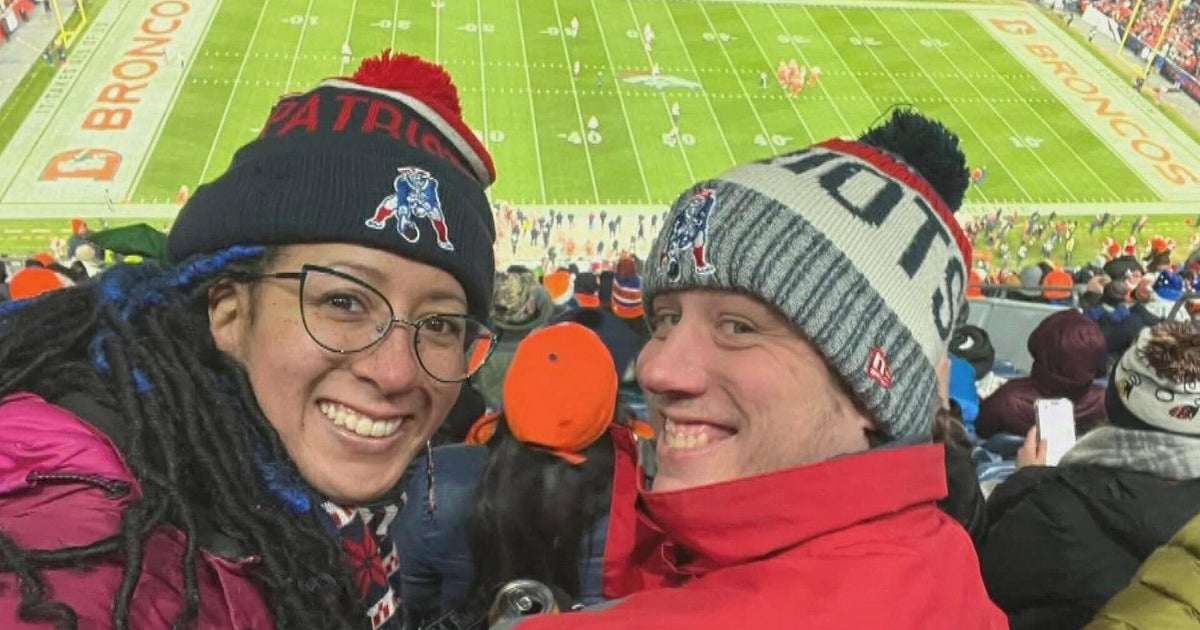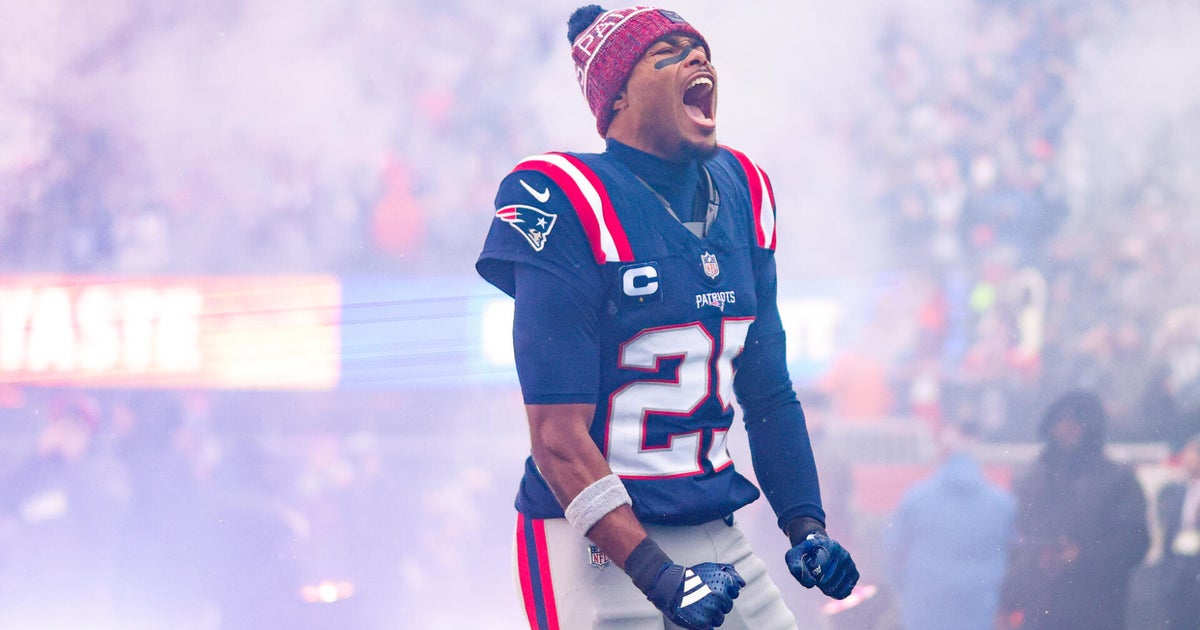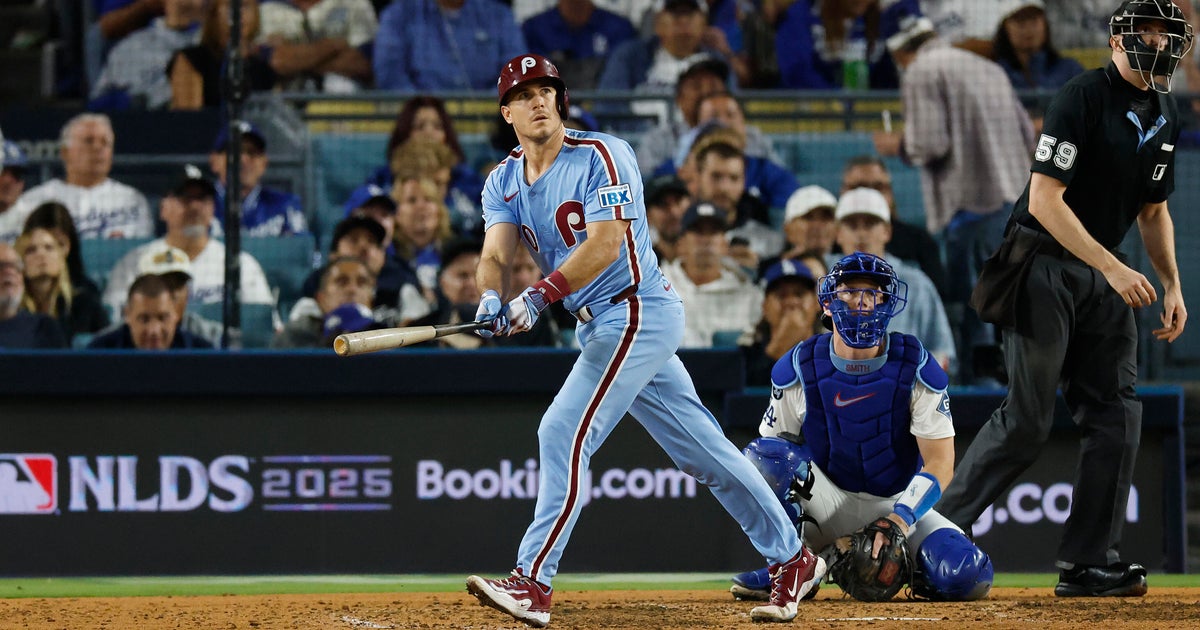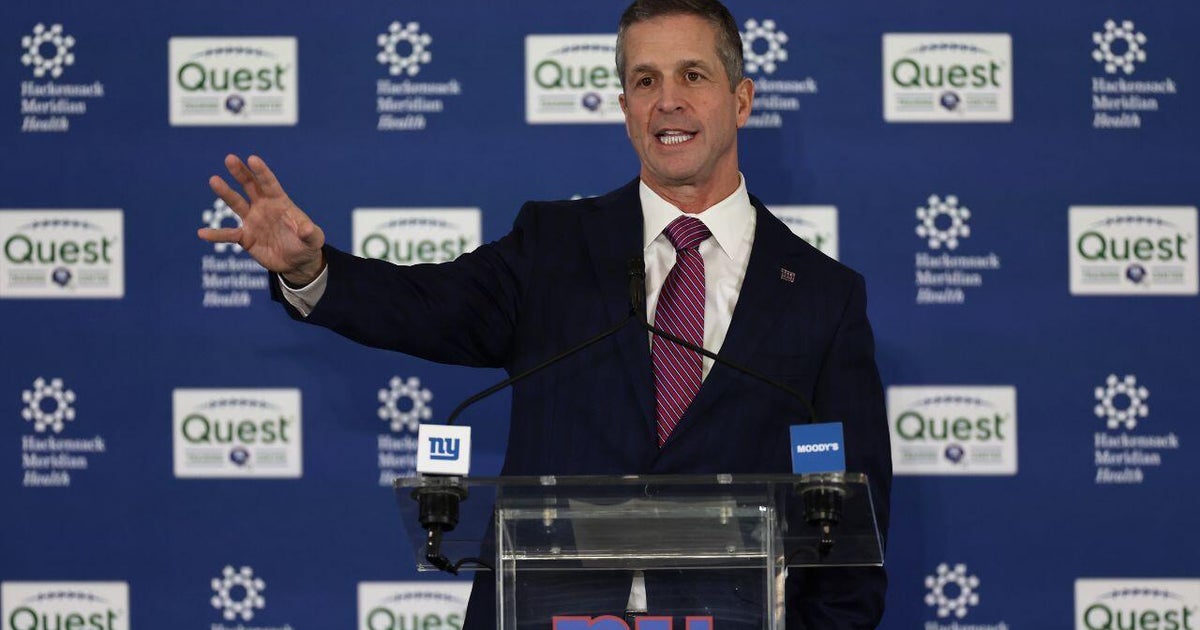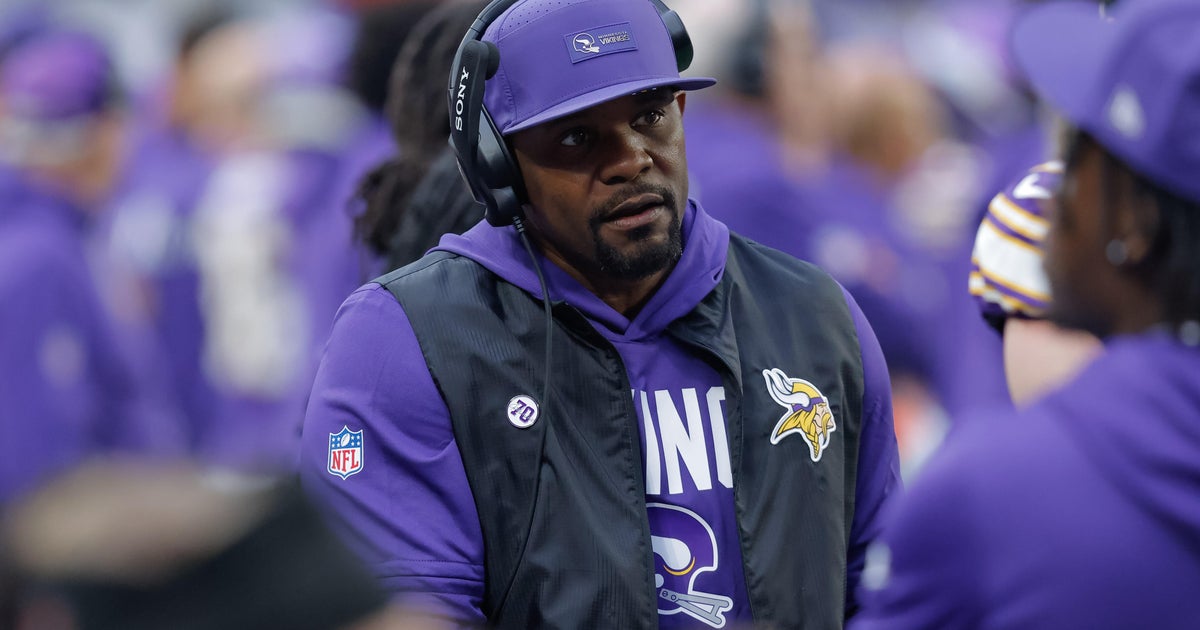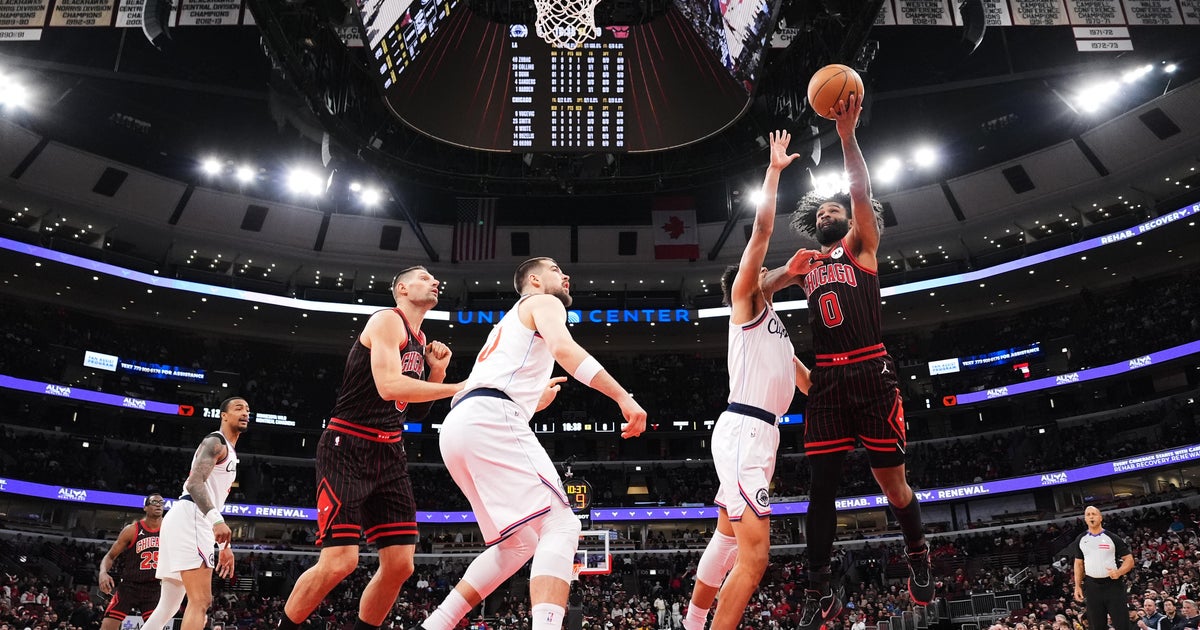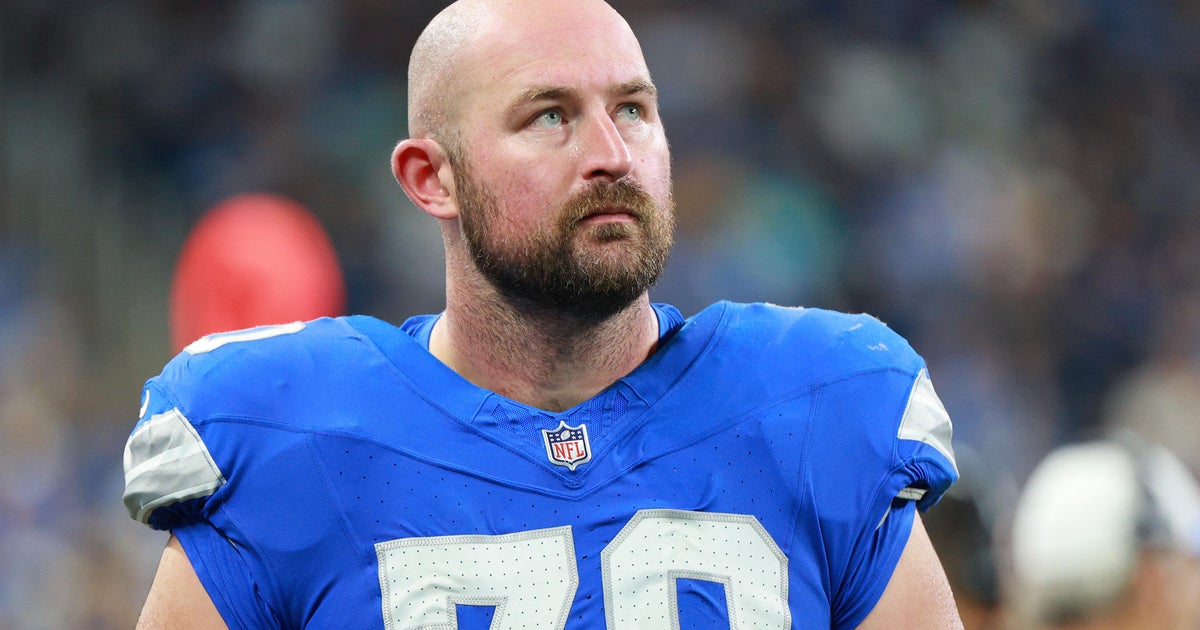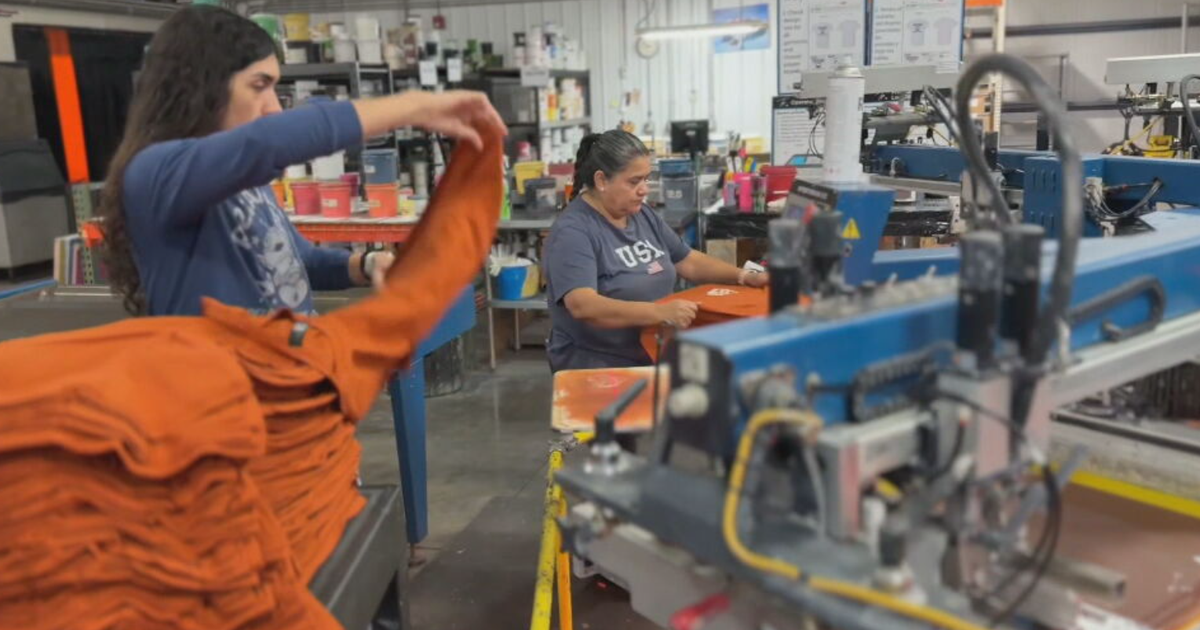The greatest moments of Bill Belichick's Patriots career
BOSTON -- And so, it is over. The most successful run of any head coach with any NFL franchise has come to end. Bill Belichick's tenure in New England has come to a close after 24 seasons in Foxboro.
The ending may not have been smooth, but storybook endings are rare in professional sports. And certainly, after a run of .500 play for three years, the bottoming out in 2023 proved to be the final chapter in Belichick's tome.
Yet before that ending there was, of course, success. Regular-season wins, playoff wins, and Super Bowl wins define the career of Belichick in New England. And with his time now up, it's worth taking a stroll down memory lane for a retrospective review of all of the moments and decisions that earned Belichick the reputation of being one of the best, if not the single greatest head coach in the history of the sport.
2000: Building The Foundation
The 2000 Patriots went 5-11, but they represented a significant shift in the franchise. Bill Belichick laid the groundwork for a dynasty, building his coaching staff by hiring Charlie Weis to run the offense while retaining Dante Scarnecchia and Ivan Fears. The team drafted Tom Brady in the sixth round -- a stroke of luck, no doubt, that he turned into the best quarterback of all time -- at the urging of Dick Rehbein, who was another Belichick hire.
2001: The Decision
With the benefit of retrospect, it would be extraordinarily easy to pick Tom Brady over Drew Bledsoe as the starting quarterback of any football team. But back in 2001, it took a lot of guts and confidence for Belichick to stick with the first-year starter over the established veteran with the massive contract after Bledsoe had been cleared to return to play. Brady rewarded Belichick for that faith by delivering two decades' worth of the best quarterback play on the planet.
Super Bowl XXXVI: Shutting Down "The Greatest Show On Turf"
Strategic physicality suffocated the Rams' offense in Super Bowl XXXVI. While Brady got the MVP honors for remaining insanely cool on his game-winning drive, and while Adam Vinatieri's game-winning kick was legendary, it was the defense -- led by Ty Law's pick-six, quarterback heat applied by Willie McGinest and Mike Vrabel, heavy hits on receivers by Tebucky Jones and Lawyer Milloy, open-field tackling by Tedy Bruschi, etc., all drawn up by Belichick and Romeo Crennel -- that was the real MVP. Those Rams averaged 34.1 points per game in the regular season, and they averaged 37 points in their two playoff wins en route to the Super Bowl ... where they scored 17 points. (Belichick also opted to start Brady, who had suffered an ankle injury just one week prior to the game, over a healthy Drew Bledsoe.)
That win came a week after the Patriots' defense held Jerome Bettis to 8 yards on nine carries in Pittsburgh in the AFC title game.
2003: Rodney Harrison In, Lawyer Milloy Out
Deciding to bring in a disruptor like Rodney Harrison and replacing a respected locker-room veteran like Lawyer Milloy was a move that could have backfired. And when Milloy and his new team in Buffalo rolled the Patriots by a 31-0 score in Week 1, it looked like a potential disaster.
Yet Milloy never made a Pro Bowl after his 2002 season with the Patriots, while Harrison was an All-Pro in '03 and '04, finishing fourth in Defensive Player of the Year voting in 2003. The Patriots, of course, won Super Bowls in '03 and '04, with the hard-hitting and unforgiving Harrison a critical piece in the backbone of their defense.
2003: The Intentional Safety And Regular-Season Magic
After oddly losing to Washington in Week 4, the Patriots didn't lose another football game for 13 months. Included in that remarkable stretch was the intentional safety the Patriots took in Denver on a Monday night, a decision that worked to perfection in New England's 30-26 comeback victory. Belichick also outcoached Bill Parcells in a much-hyped home date with the Cowboys, won some weather games against the Giants (mud) and Dolphins (snow), and had his defense come up with a goal-line stand in Indianapolis to secure a win against Peyton Manning and the Colts.
2003 Playoffs: Beating Co-MVPs In Consecutive Weeks
The 2003 NFL MVP Award was split between Peyton Manning and Steve McNair, because each quarterback received 16 votes for the award. As fate would have it, the Patriots would host both quarterbacks in consecutive weeks in the postseason. McNair threw for 210 yards with one touchdown and one pick in a divisional-round loss, while Manning threw four picks in the AFC Championship Game in Foxboro. Manning, who had a 99.0 passer rating that season and posted a perfect passer rating of 158.3 in the wild-card round and a stellar 138.7 rating in the divisional round, posted a 35.5 rating that day in New England.
Brady was pretty ordinary in those games, completing 55 percent of his passes while throwing two touchdowns and one interception total and averaging 229 yards per game. The team certainly needed Brady to win the Super Bowl against Carolina, but the defensive performance against those co-MVPs is what got them there.
2004: Building The Perfect Team
Though the '07 Patriots went undefeated, there's a strong case to be made that the 2004 squad was the best of any that Belichick put together in New England. He made a somewhat-risky trade in acquiring Corey Dillon, a move that worked out tremendously. He also drafted Vince Wilfork with the 21st overall pick, and the team had enough depth at cornerback -- thanks to the previous year's selection of Asante Samuel -- to withstand the loss of Ty Law. The team ended up having five All-Pros and six Pro Bowlers, but the talent and depth on both sides of the ball extended far beyond that group.
2004 Playoffs: Two More Massive Wins
The Patriots' defense once again befuddled Peyton Manning in the playoffs, who threw no touchdowns and one interception with a 69.3 rating in 20-3 Patriots rout of the Colts in the divisional round. A week later, the Patriots had to travel to Pittsburgh, which was the site of one of their two losses that season. Pittsburgh ended New England's 21-game winning streak with a 34-20 win over New England on Halloween ... but the Patriots went into Pittsburgh in January and blew doors, winning 41-27. Rookie Ben Roethlisberger went from being tremendously efficient in the regular-season win over the Patriots (18-for-24, 196 yards, 2 TDs, 0 INTs) to disastrous in the playoff rematch (14-for-24, 226 yards, 2 TDs, 3 INTs).
2003 And 2004: Winning Back-To-Back Super Bowls
There may not have been individual standout moments in Super Bowls XXXVIII and XXXIX that scream "Belichick!" But the fact is ... no other coach in the NFL has led teams to consecutive Super Bowls since Belichick did it in 2003 and 2004. Sustaining success in the NFL is as difficult as anything, and it can't happen without the right leader from start to finish. (Pete Carroll almost accomplished the feat but ran into ... Bill Belichick. We'll get to that one eventually.)
2007: Acquiring Randy Moss And Wes Welker
While the 2005 and 2006 seasons saw the team lose talent both on the coaching staff and on the roster, Belichick sought to make amends for that issue by going out and completely reinventing what the Patriots were about. Acquiring Randy Moss (for just a fourth-round pick) and Wes Welker (for a second and a seventh) helped accomplish that goal.
In their first full season with artificial turf at Gillette Stadium, they set offensive records and unlocked parts of Brady's game that few, if any, knew existed prior to that season. Additionally, Belichick spent big on free-agent Adalius Thomas to bolster a Patriots defense that ranked fourth in the league.
That season ended with the lone blemish of the year, and retrospect would certainly suggest that the Patriots should have played for the game-tying field goal at the end of regulation in Super Bowl XLII instead of going deep for the game-winning touchdown. Nevertheless, the team that Belichick built was -- for all but one week -- a juggernaut.
2008: 11 Wins With Matt Cassel
Make no mistake: A five-win dropoff from one year to the next is significant. But, well, it's not as steep as the dropoff from Tom Brady to Matt Cassel.
So while the 2008 Patriots did still struggle to win some crucial games that really mattered, the fact that they got the best all-around season of Cassel's career speaks volumes about the system and the structure in place in New England.
2009-2013: The "Down" Years
It's notable that the "down years" for the Patriots are remembered as such solely because the team didn't lift the Lombardi Trophy at the end of the season. The '09 team, the worst of this group, still won 10 games and made the playoffs. The 2010 team went 14-2 with two rookie tight ends and BenJarvus Green-Ellis as a No. 1 back. The 2011 team, despite being deeply flawed, went 13-3 and made it to the Super Bowl. And the 2012 and 2013 teams both went 12-4 and reached the AFC title game.
All told, in the nine seasons between Super Bowl wins (2005-13), the Patriots went 110-34 in the regular season and 9-8 in the postseason. (The Jaguars, Lions, Cardinals and Texans all have fewer than nine postseason wins in their franchise histories.)
The point being: Even when things weren't the best, they still weren't all that bad.
2014: Discovering Malcolm Butler
Nobody had heard of Malcolm Butler prior to 2014. Hardly anybody had ever even heard of the University of West Alabama, for that matter. Yet somehow, some way, Bill Belichick found a spunky cornerback who had been plying his trade for the Division-II Tigers and invited him to training camp. Butler ended up earning a spot on the roster, and when Kyle Arrington was struggling mightily in the Super Bowl against the Seahawks, Belichick threw the undrafted rookie into the spotlight. Butler played lockdown defense with his opportunity, and then of course made the most famous play in Super Bowl history.
Butler was part of a re-engineered secondary, as Belichick also added Darrelle Revis and Brandon Browner (who was huge on Butler's pick) while bringing back Patrick Chung.
2014: Ineligible Formations
It's rare that you see an NFL coach stomp onto the field to stop the game, taking the accompanying unsportsmanlike conduct penalty that comes with such an action. But Baltimore's John Harbaugh was left so perplexed and enraged by the Patriots' use of creative offensive formations that he was left with no choice.
The Patriots used tight end Michael Hoomanwanui in what looked like a left tackle spot, while having Shane Vereen (in what looked like a slot receiver spot) declare himself ineligible before a snap. As a result, the Ravens had no idea how to play defense against the look, allowing the Patriots to move up the field rather swiftly while working their way back from a second 14-point deficit. (That was despite referee Bill Vinovich literally announcing to the Ravens to not cover Vereen before the snap.)
It was the type of moment that really embodied the "chess vs. checkers" mantra that's been used quite a bit to describe Belichick's coaching.
2014: Saving Julian Edelman's Arm For The Right Moment
Julian Edelman was drafted in 2009 as a receiver, and every single broadcaster for the next five years made sure to mention that he played quarterback any time he appeared during a game. Yet ... we never saw him throw a pass.
Bill Belichick and Josh McDaniels waited, and waited, and waited to utilize that arm of Edelman's, and they finally unveiled it during that 2014 playoff comeback against the Ravens. It was beautiful.
2014: Sticking With (And Lighting A Fire Under) Tom Brady
It wasn't quite as dramatic as 2001 with Drew Bledsoe, but Belichick did still have a quarterback decision to make after four weeks of the 2014 season. The team was 2-2, Brady was playing well below his standard, and national pundits began their dance on the Patriots' graves. Belichick was asked after an embarrassing Monday night loss in Week 4 if he'd consider a quarterback change, and he scoffed at the question. Brady then threw 29 touchdowns and seven picks the rest of the way, leading the Patriots to a 12-4 record and the No. 1 seed in the AFC.
Belichick might deserve a little extra credit for that, too, as he drafted Jimmy Garoppolo in the second round and mentioned Brady's age and contract status as a reason for doing so. That might have just been sound planning for the future, but it also might have been a motivational tactic, forcing Brady to not take his spot for granted with some potential pressure coming from Garoppolo.
Super Bowl XLIX: Staredown With Pete Carroll
This is one of those moments that would be looked at entirely differently if Russell Wilson had simply not thrown an interception. But history isn't written on "ifs" and "maybes," so in this case, Bill Belichick looks brilliant for not calling timeout in the final minute of the Super Bowl, instead staring across the sideline and sensing some sense of disorganization from Pete Carroll and the Seahawks. We know now how that worked out.
2016: Navigating Tom Brady's Suspension
With Tom Brady finally giving up his fight with the NFL in the summer of 2016, the Patriots were left with Jimmy Garoppolo at quarterback. After one and a half games, they were left with rookie Jacoby Brissett.
Yet despite playing without the greatest QB of all time, the Patriots went 3-1, including a victory on a short week over Houston with Brissett working with a completely reworked playbook.
2016: 28-3
While Brady (rightfully) and Edelman (rightfully) and James White, Dont'a Hightower, Trey Flowers, Danny Amendola, Malcolm Mitchell and Martellus Bennett (all rightfully as well) tend to get all the credit for the 28-3 comeback, the fact is there aren't many coaches who could lead a team back from such a deficit under the spotlight of the Super Bowl. Despite the 21-3 halftime deficit, Belichick hammered home his usual message: take it one play at a time, do your job. It was simple, but belief never wavered on that sideline ... even when it probably should have.
2018: Saved The Offense Late In Season
The 2018 season was far from a smooth operation. The team lost back-to-back weeks in Miami and Pittsburgh to fall to 9-5, seemingly crushing the team's Super Bowl hopes. Yet Belichick worked with Josh McDaniels to remind his offensive coordinator that the team could run the ball, and they did that all the way to a Super Bowl title. The Patriots rushed for 273 yards the week after that reconfiguration of the offense, before finishing the regular season with 131-yard rushing day. They ran for 155 yards against the Chargers in the divisional round and 176 yards in the AFC title game in Kansas City. And though Edelman was the MVP of the Super Bowl, the team did rush for 154 yards against the Rams.
2018: Delayed The Rise Of The Chiefs
Patrick Mahomes was destined for greatness, but Belichick made sure that the quarterback had to wait his turn before embarking on a dynastic quest in Kansas City. The 2018 season saw the Patriots beat the Chiefs twice -- in Week 6 in Foxboro, and in the AFC Championship Game in Kansas City. And though Mahomes did find some success at different points of those contests, Belichick's team managed to do just enough to win both times. The Chiefs won a Super Bowl in 2019 -- their first since 1969 -- but that run of titles easily could have begun a year earlier if the Patriots hadn't stood in the way.
2019: Built A No. 1 Defense
The 2019 Patriots had a tremendous defense. The best in the NFL, as a matter of fact, in both yards and points allowed. Belichick had his hands all over that defense, from Defensive Player of the Year Stephon Gilmore (whom Belichick somewhat controversially brought in to replace Malcolm Butler as the top corner a couple of years earlier) to longtime captain Devin McCourty to undrafted discoveries J.C. Jackson and Jonathan Jones to Jamie Collins (returning to the team after being traded a few years prior) to Kyle Van Noy (added to the team after that Collins trade years earlier). It was a historically dominant defense. Unfortunately for the Patriots, it might have come at the expense of an effective offense, and the team lost its lone playoff game.
2021: The Wind Game
You'd be hard-pressed to find a modern NFL game that includes a winning quarterback throwing the ball just three times -- three times -- over the course of 60 minutes. But on an insanely windy night in Buffalo, the Patriots called upon rookie Mac Jones to fire just three forward passes. It was a bold strategy, but it worked, with the Patriots eking out a 14-10 victory against a Bills team led by Josh Allen, who completed just half of his 30 passes. The Patriots rushed the ball 46 times for 222 yards and a touchdown, compared to Buffalo's 25 rushing attempts for 99 yards and no scores. It was one of the greatest examples of Belichick using the elements to level the playing field against a more-talented football team.
Draft Steals
This can't be a comprehensive list, but here are some players the Patriots got outside of the first round in the draft: Tom Brady (sixth), Julian Edelman (seventh), Rob Gronkowski (second), Matt Light (second), Asante Samuel (fourth), Dan Koppen (fifth), Joe Thuney (third), Jamie Collins (second), Deion Branch (second), Matt Cassel (seventh), Jimmy Garoppolo (second), Trey Flowers (fourth), J.C. Jackson (undrafted), David Andrews (undrafted), Stephen Neal (undrafted), BenJarvus Green-Ellis (undrafted) and Malcolm Butler (undrafted).
There were misses along the way, just as there were some lows over the course of 24 season. Of course there were. But over that lengthy span of time, nobody else in the NFL even came close to driving and experiencing the type of success that Belichick did in New England.
With six Super Bowl wins, nine Super Bowl appearances, 266 regular season wins and another 30 victories in the playoffs, Belichick's run in New England will never be matched by any head coach in any sport.
